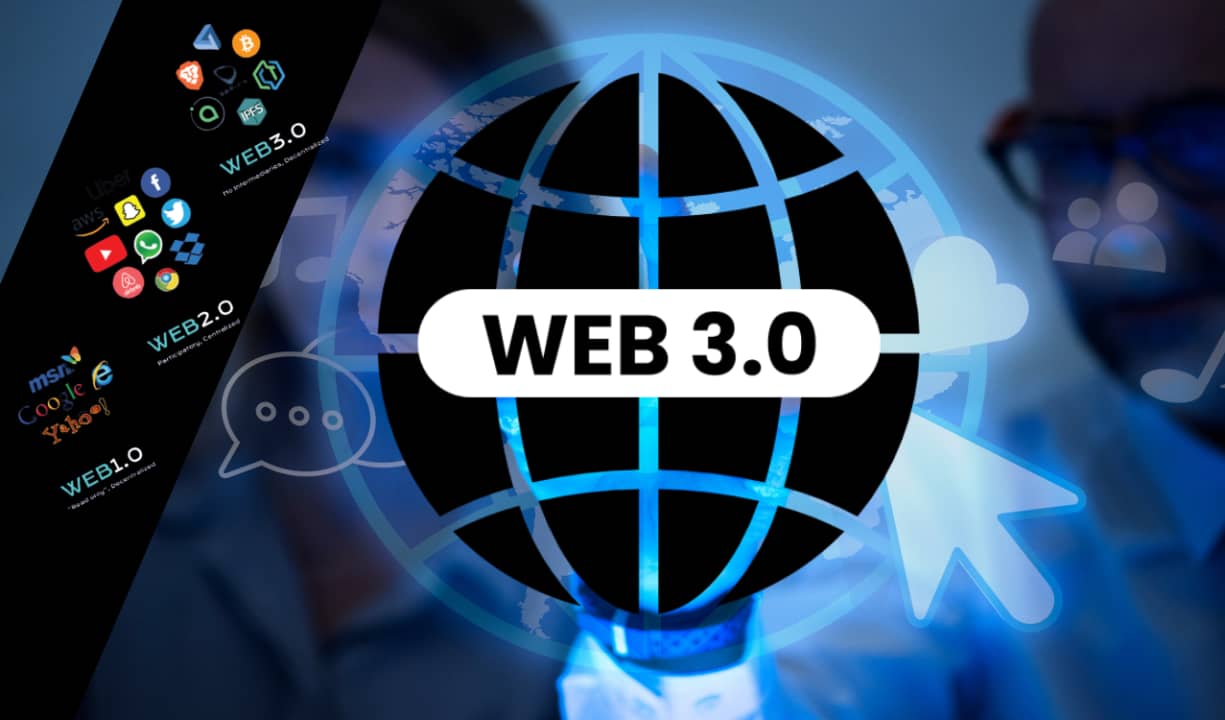Web3: How Decentralized Technologies Are Shaping the Future of the Internet
What is Web3?
The internet is undergoing a significant transformation, driven by the rise of Web3 technologies. Unlike the centralized web we are familiar with, Web3 promises a decentralized, user-centric internet where individuals have more control over their data and online interactions. But what exactly is Web3, and how is it shaping the future of the internet? This post delves into the key aspects of Web3, including decentralized finance (DeFi), non-fungible tokens (NFTs), and the impact on data privacy, and explores how these technologies are poised to revolutionize our digital lives.
What is Web3?
The third generation of the internet, is built on blockchain technology and aims to create a decentralized web. In the current Web2 model, most online platforms and services are controlled by centralized entities like Google, Facebook, and Amazon. Web3 seeks to change this by enabling users to interact directly with each other without relying on intermediaries. This decentralized approach is achieved through decentralized applications (dApps) that run on blockchain networks, ensuring transparency, security, and user autonomy. The shift from centralized to decentralized control marks a significant evolution in how the internet operates.
Decentralized Finance (DeFi)
One of the most significant innovations within Web3 is decentralized finance, or DeFi. DeFi refers to a collection of financial services that operate on blockchain networks without the need for traditional banks or financial institutions. Through smart contracts, users can lend, borrow, trade, and invest in assets directly with one another, bypassing intermediaries. DeFi platforms are gaining popularity due to their lower fees, increased accessibility, and enhanced privacy compared to traditional financial services. The rise of DeFi is democratizing finance, providing financial services to individuals who may have been excluded from the traditional banking system.
The Role of Non-Fungible Tokens (NFTs)
Non-fungible tokens, or NFTs, are another key component of Web3 that is transforming the digital landscape. NFTs are unique digital assets that represent ownership of specific items or pieces of content, such as art, music, or virtual real estate. Unlike traditional digital assets, NFTs are stored on a blockchain, ensuring that their ownership and provenance can be verified. This technology has opened up new opportunities for creators to monetize their work and for collectors to invest in digital assets that hold real value. The NFT market has exploded in recent years, with artists, musicians, and even brands leveraging this technology to engage with their audiences in innovative ways.
Impact on Data Privacy
Web3 also has the potential to revolutionize data privacy. In the current Web2 model, users often have to surrender control of their data to access online services. With Web3, users can retain ownership of their data and choose how it is shared and used. Decentralized identity solutions, for instance, allow users to control their digital identities without relying on centralized authorities. This shift towards user-centric data management could lead to a more secure and private internet, where individuals have greater control over their digital footprints. The implications for privacy and security are profound, as Web3 aims to empower users rather than corporations.
Challenges and the Road Ahead
While Web3 offers many exciting possibilities, it also faces significant challenges. The technology is still in its early stages, and widespread adoption may take time. Issues like scalability, user experience, and regulatory compliance need to be addressed before Web3 can fully realize its potential. Additionally, there is a need for education and awareness to help users understand the benefits and risks of decentralized technologies. However, as Web3 continues to evolve, it is likely that these challenges will be overcome, paving the way for a more decentralized and user-friendly internet.
Conclusion
Web3 represents the next frontier of the internet, promising a decentralized, user-controlled digital ecosystem. From DeFi to NFTs, these technologies are already starting to reshape how we interact online. As it continues to develop, it has the potential to create a more equitable and secure internet, where users are truly in control of their digital lives. The future of the internet is decentralized, and Web3 is leading the way. Staying informed and adapting to these changes will be crucial for individuals and businesses alike as we move into this new era of the internet. More details here.
If you want to know more about science computer or technology, visit Computese to know more!








